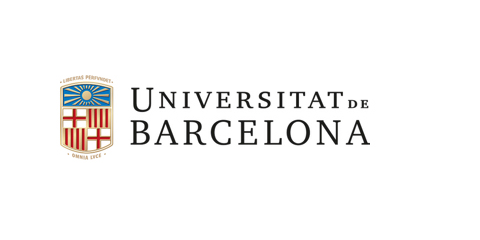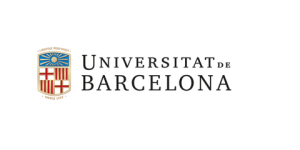Postdoctoral Researcher Position in Ecological Macroeconomics at the University of Barcelona

We seek an outstanding postdoctoral researcher in ecological economics to work on an exciting project entitled “Towards a Sustainable Well-being Economy: Integrated Policies and Transformative Indicators” (ToBe). This is a 2-year position, with an anticipated start date of November 2024.
The postdoctoral researcher will help develop a novel ecological macroeconomic model that includes various indicators of human well-being and environmental sustainability (such as those in the “Doughnut” of social and planetary boundaries). The model will assess different policy packages aimed at achieving a sustainable economy. The researcher may also contribute to research to understand the time-use requirements of attaining a good life for all people within planetary boundaries.
The successful candidate will join a cutting-edge research team on ecological economics and political ecology, focusing on “post-growth” approaches. The motivation for this research is the observation that GDP growth is no longer improving people’s lives in wealthy nations, and yet it is contributing to a worsening ecological crisis. A new economic paradigm is needed.
The ideal candidate will have a PhD in an area such as ecological economics, environmental studies, natural/social sciences, feminist economics, etc. Expertise in quantitative research methods and computer programming is essential. Knowledge of system dynamics, time-use data, human well-being, planetary boundaries, provisioning systems, machine learning, and/or material flow analysis is desirable. Experience with ecological macroeconomic models (e.g., Eurogreen, LowGrow SFC, PyMedeas) would be advantageous. Note that we do not expect a single candidate to know all these areas.
We strongly value motivation and initiative, problem-solving, professional writing, organisational skills, and the ability to work as part of an international team.
The position will be based in the Faculty of Economics at the University of Barcelona (Spain) and will be supervised by Dr Daniel O’Neill and Dr Federico Demaria.
Completion of a PhD by the contract’s start date is a requirement for the position.
How to apply: Please submit your CV, a 1-page cover letter, and a 1-page research proposal to Dr Daniel O’Neill and Dr Federico Demaria at ecoeco.recruitment@gmail.com no later than Monday, 2 September 2024, 23:59 CET. The subject of your email should be: “Application for ToBe Position.”
Within your 1-page cover letter, please indicate how your skills and experience match the position. Within your 1-page proposal, please discuss how you would integrate environmental and social indicators, such as those within the Doughnut of social and planetary boundaries, into a macroeconomic model.
Please ask two referees to submit reference letters for you to ecoeco.reference@gmail.com by 2 September 2024, 23:59 CET. The subject of their emails should be: “Reference for YOUR NAME”.
Deadline to apply: Monday, 2 September 2024, 23:59 CET
Start date of position: November 2024
Salary: €36,250 per year
Online interviews will be held in the second week of September 2024.
The successful candidate will join one of the world’s top groups of post-growth researchers. We work closely as a team, and the successful candidate is expected to live and work in the Barcelona area. Applicants unwilling to live and work in Barcelona will not be considered for this position. Barcelona is a dynamic Mediterranean city with a very high quality of life. The University of Barcelona is generally regarded as the top university in Spain and one of the best in Europe.
We are committed to advancing the careers of junior women researchers and researchers from under-represented backgrounds, who are encouraged to apply.


